RST: Can you explain to me what “Rettlers” is?
LF: Rettlers is an intentional community, rooted in hospitality and based in the rural Midwest. It’s a platform that unites travelers to rural changemakers, but since I have started it, it has evolved into a hospitality culture that is rooted in locality, sustainability, art and culture.
RST: How did you come up with the name “Rettlers”?
LF: Rettlers stands for “rural settlers,” since it is, at the core, rural. I chose the word “settlers” in order to honor those who have settled in the rural Midwest.
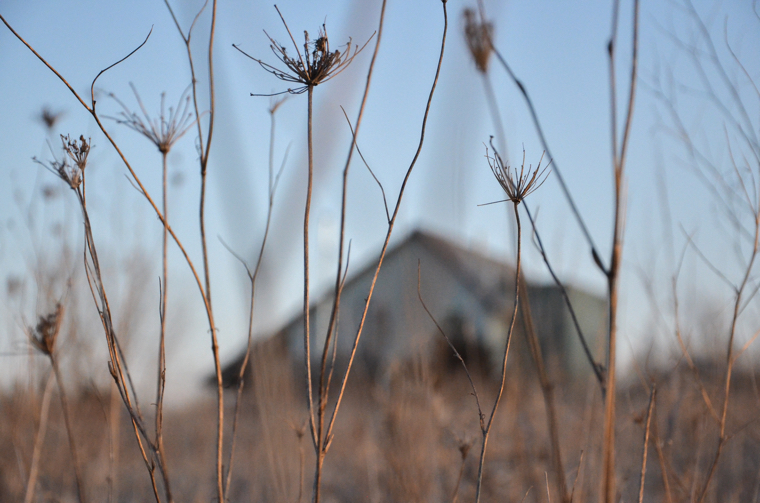
RST: What inspired your project?
LF: I grew up in rural Georgia but had roots in the Midwest, which created a double narrative in terms of the rural and the Midwest. I moved from Georgia to Minneapolis for college, drawn to the city and the opportunities that it provided, but my rural roots and values continued to live deeply inside of me. As I got older, I started to feel a longing to explore the countryside. I sought respite by going on trips that aligned with my personal values — the arts, sustainable living —things that I once thought I could only find in the cities. I found that I was able to find those things in particular rural settings and through this kind of curated experience, have been able to reclaim my connection to rural life. I have been surprised and delighted to discover that there are many rural people who share my interests and values —ones that I once thought I could only find in the city. The Rettlers project was inspired by my desire to seek those people out and create that network for myself and for others who may be locked into the dominant narrative regarding rural people. I hope to showcase these people and what they are doing, putting them on the map for other urban travelers who have curiosity about or connection to the rural lifestyle so that they can join others who share their values but are choosing to live outside of the urban environment. I want to shed a light on the work that these rural people are doing and the impact they are having on their communities. I want Rettlers to be more than just an Airbnb in the country —something that really captures the essence of rural life. Hospitality is a good way to bridge worlds and connect with other people that you might not otherwise get to know. Hospitality can be a vehicle for social change by connecting people more deeply with local culture, and building stronger social and economic networks through a strong sense of community.
RST: What have been the best parts of this project?
LF: I love the diversity of lifestyles I get to experience each time I travel. Each host is doing something so different and so unique that no experience is ever the same. There is no uniformity. Every experience leads to the unexpected and is much more than the experience of a place —it is the interaction you have with the people and their community and the ways in which they have curated their environments. What books are on the bookshelves, and how does that reflect who they are and what they are engaged in? What do they want you to see or feel? What is on the walls and how does that reflect their connection to place. Each trip is a journey and sharing in the life of another person. This serves as inspiration.
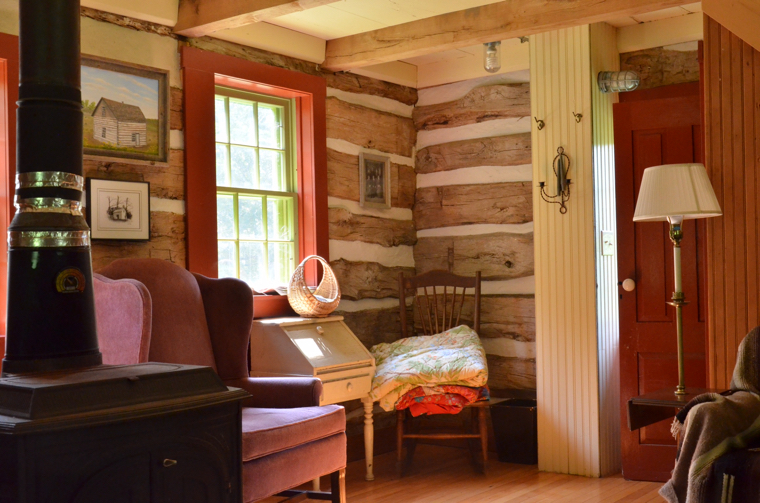
RST: What are some of your most memorable experiences?
LF: There are so many, but in tan effort to keep it short, I will limit myself to two.
The first person I need to mention is Liz Rog (Decorah, IA). She was the second person who ever hosted me for the project. I had cold- called her and was immediately and warmly received. The experience with Liz was magical and paved the way for me to drive Rettlers forward. She cared about the experience that I was having, taking the time to listen deeply and think about what kinds of experiences would feed the project. She lent me books off of her shelf, took me on a hike through a prairie, and talked with me about the new economy and the power of community. It was a spiritual awakening for me as Liz took me by the hand as a mentor an eliminated all of the barriers of being a stranger. She invited me into her homestead as though I were family. The work that Liz is doing is so small, so local, but it ripples out in enormous impactful ways.
Douglas Beasley, a photographer out of northern Wisconsin, also invited me in with an open heart and an open mind, with deep care about the experience I was having. I have now collaborated with him on multiple levels in regards to the project, and he has helped me out immensely with his beautiful photography work.
While there have been many extraordinary experiences and countless kind people, these two people really took the time to hear me and understand the scope of my work. I know that if they did it for me, they will do it for others as well.
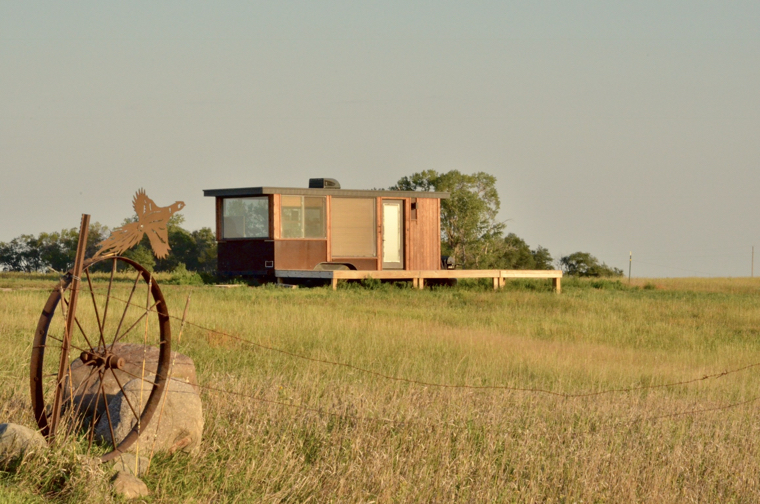
RST: How do you envision the future of Rettlers?
LF: Overall, the foundation of Rettlers is grounded in encouraging rural travel and supporting local economies and small businesses. But I see the future of Rettlers as providing opportunities for ALL people to be able to travel and explore their interests. I am hoping to be able to create some openings for marginalized populations to be able travel, and am looking to create a sponsorship model for supporters to be able to sponsor trips. I would also like to find a way to fund scholarships for artist residencies. I am working to expand from my base model of advising, consulting, and doing retreats so that I can engage everyone and move beyond offering my services only to the affluent. I would like Rettlers to be an agent for social change that embraces living sustainably, connecting the urban and the rural, and helping less affluent populations find opportunities to explore the world around them .
RST: Why would you recommend a rural home stay?
LF: I would like to help shift the narrative of rural America ‑to emphasize the fact that we do not need to travel half-way around the world to experience something new or to be exposed to people who have lived different experiences. I want to help us remember and appreciate the beauty of our rural landscapes and the people who tend them. When a destination is closer to where we live, it helps us connect with what we have right in our backyards, and remember the reasons why it is important to stay connected to those landscapes.
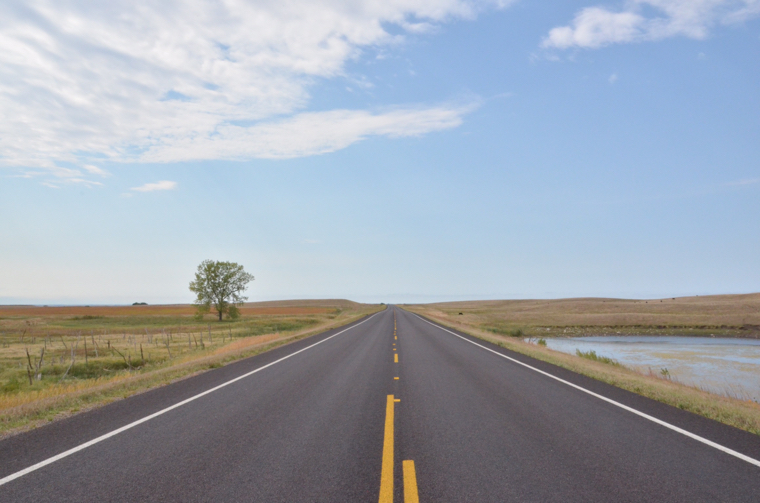

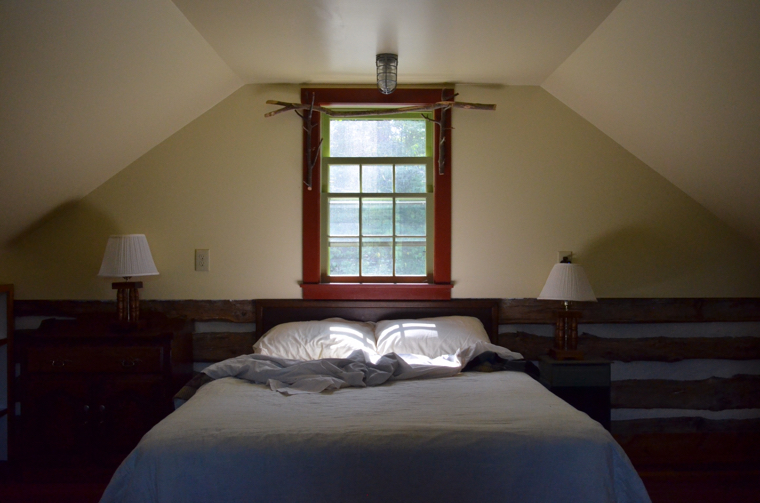

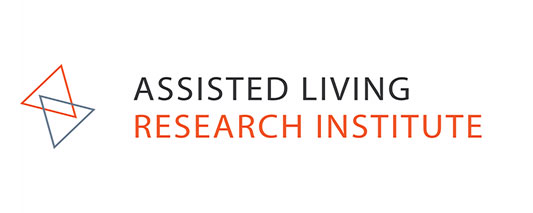
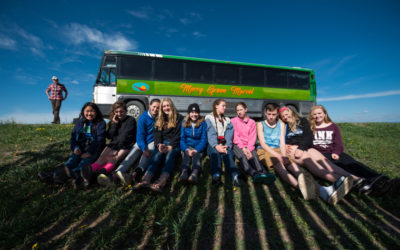

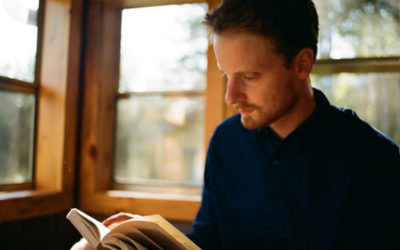
Another fantastic story Sheila! I felt so moved by reading about the author’s meeting with Liz Rog and the feeling that was generated…that created a spiritual awakening. It never fails to amaze me how these type to “simple” kindnesses extended to others are completely transforming. It’s a win/win/win on every front. The work you are doing is ringing out.
Thanks Diane! I think the Rettlers Project is a great one on so many levels!